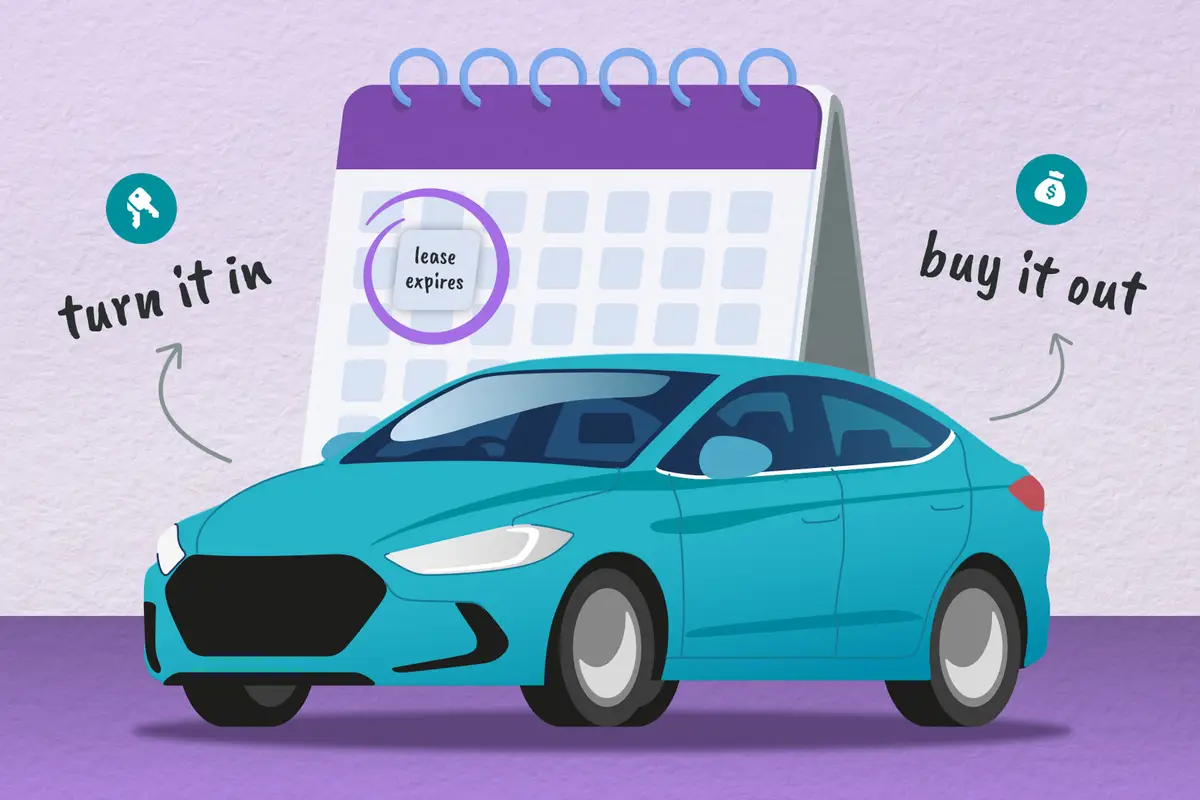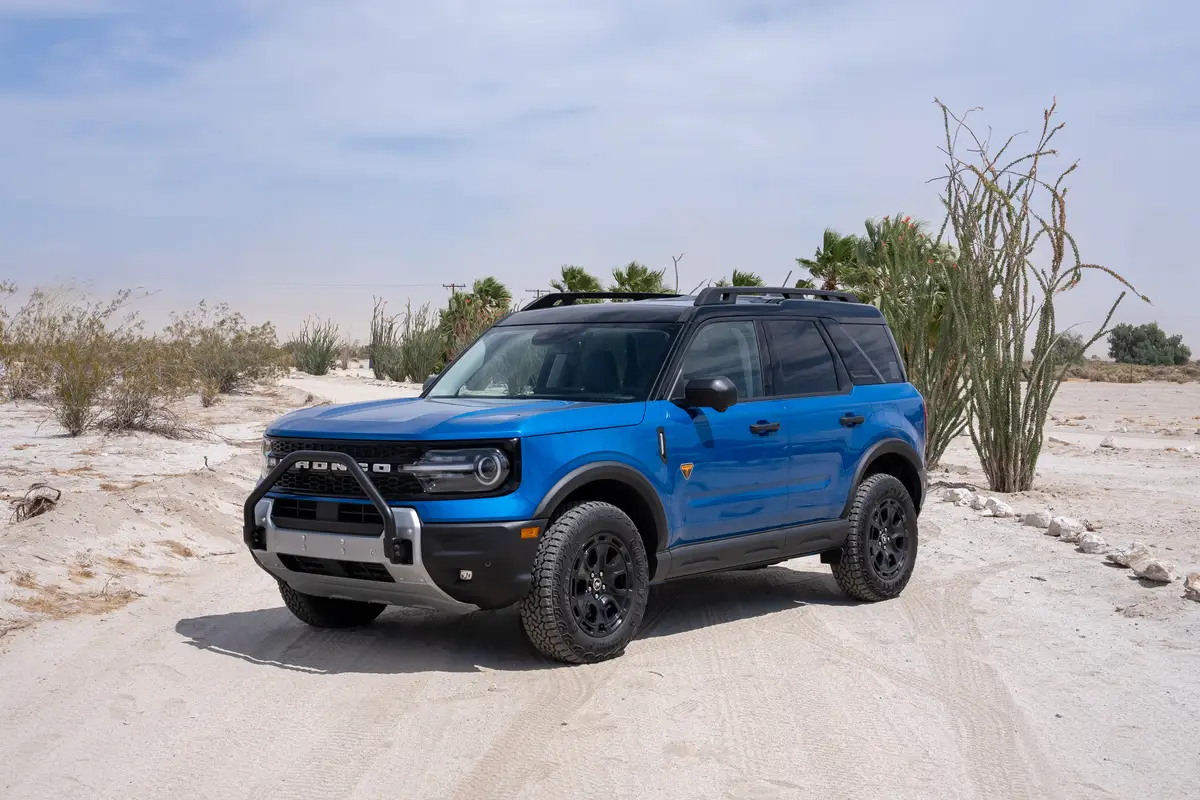Thinking About Buying a Hybrid? Here Are Some Pros and Cons

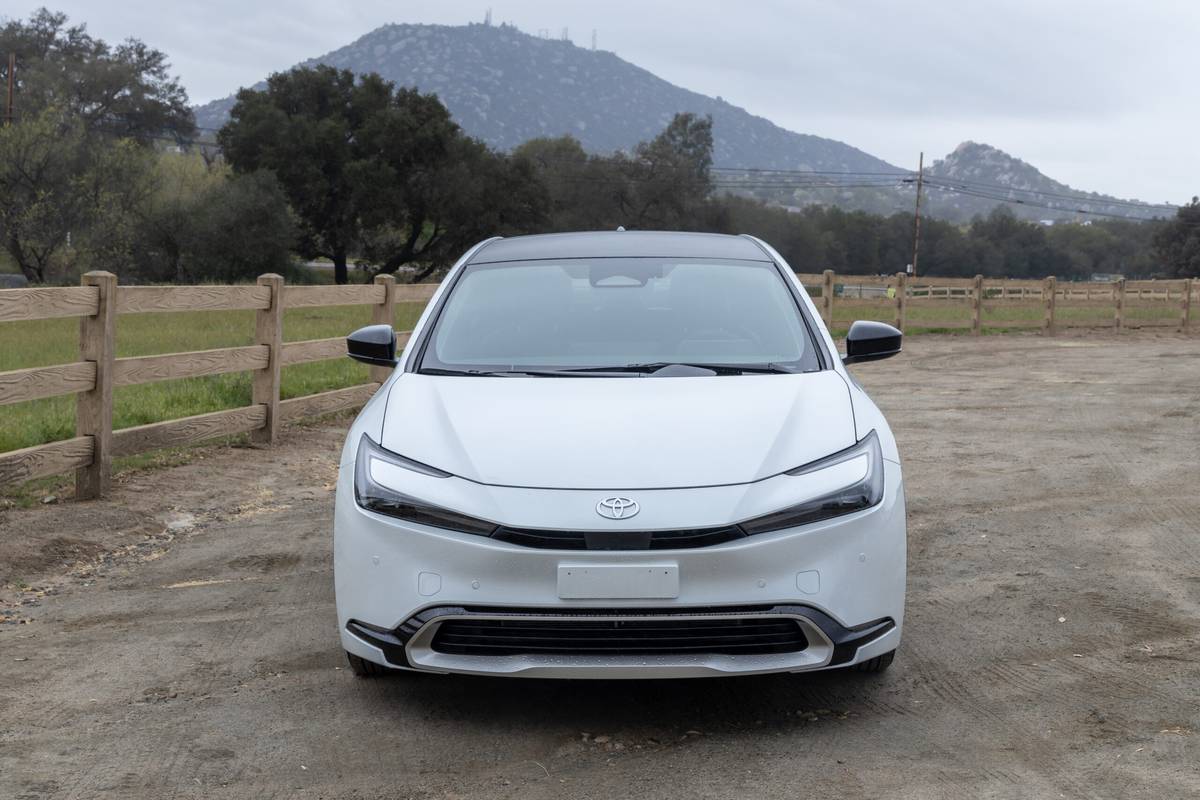
“Should I get a hybrid?”
It’s one of the most common questions we hear when cornered for car advice at a dinner party, and for good reason, considering the surge in both popularity and availability for hybrids in the wake of the ongoing electric revolution. Consumers are curious about hybrids, many finding them to be the sweet spot between a traditional gasoline-only car and a fully electric vehicle.
Still, for all of the clear benefits of hybridization, there are a few drawbacks — both minor and major — that should be considered before locking in your next purchase. Let’s break ‘em down.
Related: How Long Do Hybrid Batteries Last?
Pro: Fuel Efficiency
Impressive fuel efficiency is the most obvious benefit of hybridization. With the electric motor handling much of the initial low-speed acceleration and engine-off “sailing” powertrain functions, hybrid vehicles return superior average mileage when compared to a car with only a traditional internal combustion engine. This gain can be nominal or significant, with some hybrid powertrains nearly doubling the mpg rating of that car’s standard gas engine.
Plug-in hybrids take this a step further. A PHEV’s significantly larger battery pack allows for a fully electric drive mode when charged, usually packing enough juice for between 20 and 40 miles of all-electric range.
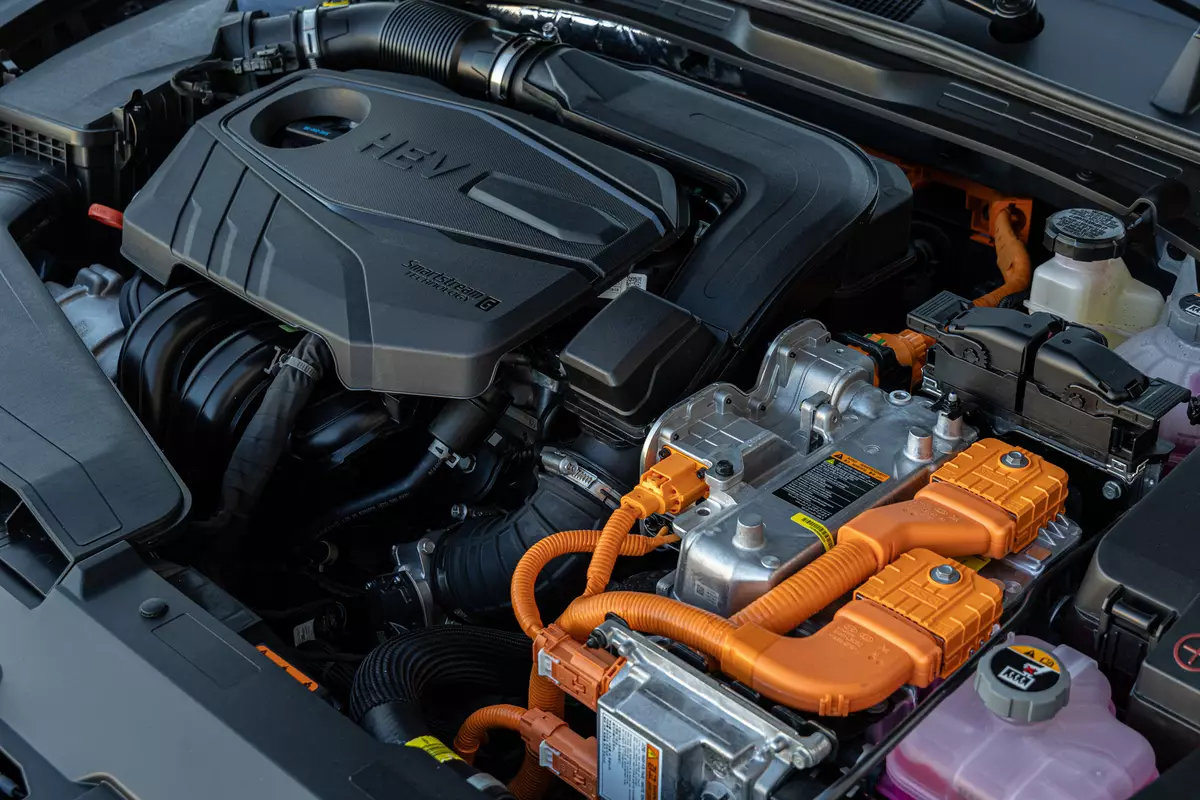
Pro: Quieter
As hybrids generally reduce the amount of time the internal combustion engine needs to run, they are often quieter in operation than their all-gas counterparts. This is especially true in city driving, where the engine is often completely off in slower traffic speeds.
Pro: (Somewhat) Lower Regular Maintenance
While the internal combustion portion of hybrid drivetrains require oil changes and air filter replacements like a regular gas-powered car, some types of hybrids will require them with far less frequency. Consumables like tires, cabin filters and fuel filters need to be replaced at a similar rate to standard ICE vehicles, but you’ll likely spend less on freshened brake hardware over the life of the hybrid vehicle due to its use of regenerative braking.
Pro: Better Resale Value
While the cost of a new hybrid vehicle has near parity with the average cost of a new car, you’ll recoup a smidge more cash when you sell. According to Cars.com inventory data, the average list price of a used hybrid at the time of publishing is $30,231 compared to $29,642 for the rest of the gas-powered market. The extra cash might not be enough to retire, but it’s potentially enough to offset those oil changes.
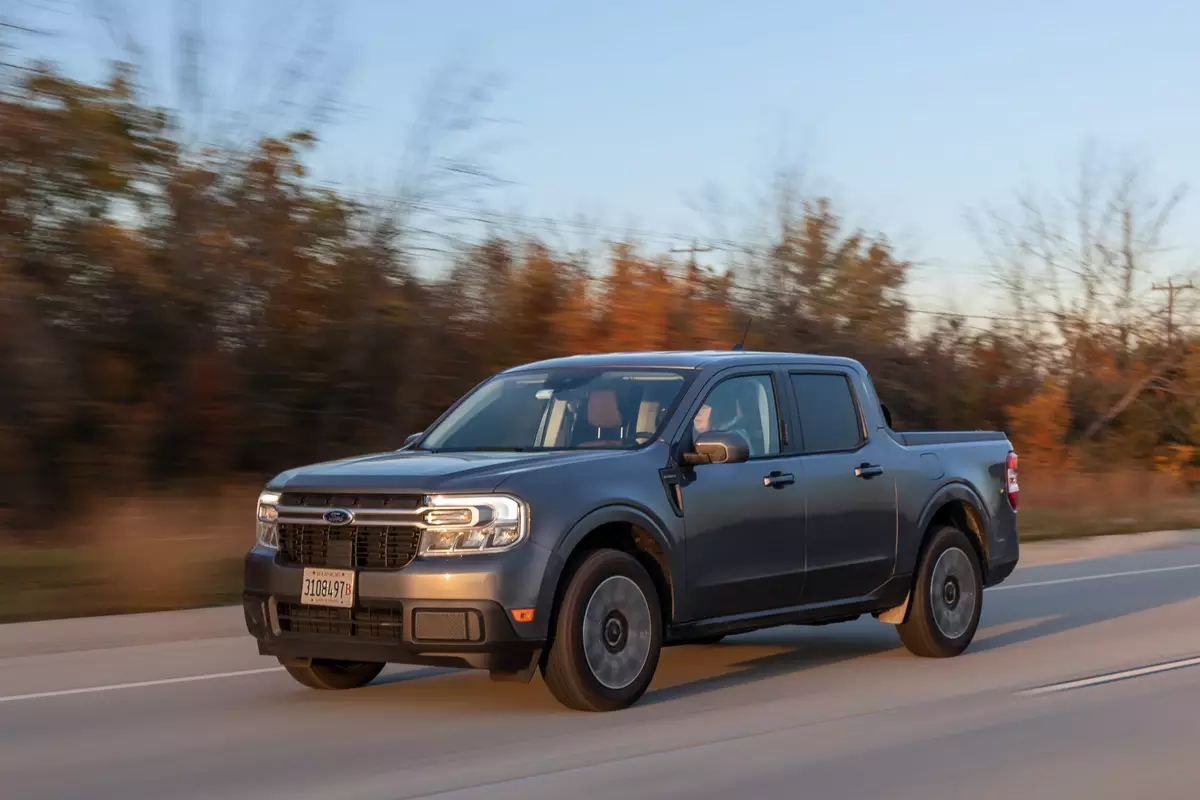
More From Cars.com:
- What’s the Difference Between a Hybrid and a Plug-In Hybrid?
- So You Want to Buy a Hybrid Car: 6 Things to Know
- Should I Buy an Electric Car or Plug-In Hybrid?
- More Hybrid News
- Shop for a New or Used Hybrid
Con: Battery Replacement
While definitely not considered a part of regular maintenance, the main battery pack in a hybrid will eventually need replacing due to wear, age or a mixture of both. The general consensus is this should occur around either the 150,000-mile or 15-year mark, necessitating a replacement that in some cases could end up costing more than the car is worth.
When you consider the eventuality of major repairs on full gas-powered vehicles, we wouldn’t be surprised to learn both of these costs average out.
Con: Most MPG Benefits Are for City, Not Highway
We’ve mentioned it a few times above, but it bears repeating: Most benefits of a hybrid drivetrain are found within city and urban driving environments with regular stop and start actions; at highway speeds, the electrified portion of the powertrain becomes less relevant to the propulsion, and fuel economy settles out.
For comparison, take the 2023 Toyota Corolla, starting with the standard gas-only 2.0-liter four-cylinder engine that returns up to an EPA-rated 32/41 mpg city/highway. Slide into the 2023 Corolla Hybrid, and those figures spin up to 53/46 mpg city/highway. The hybrid is markedly better across the range, but that’s a significant difference between the two city ratings.
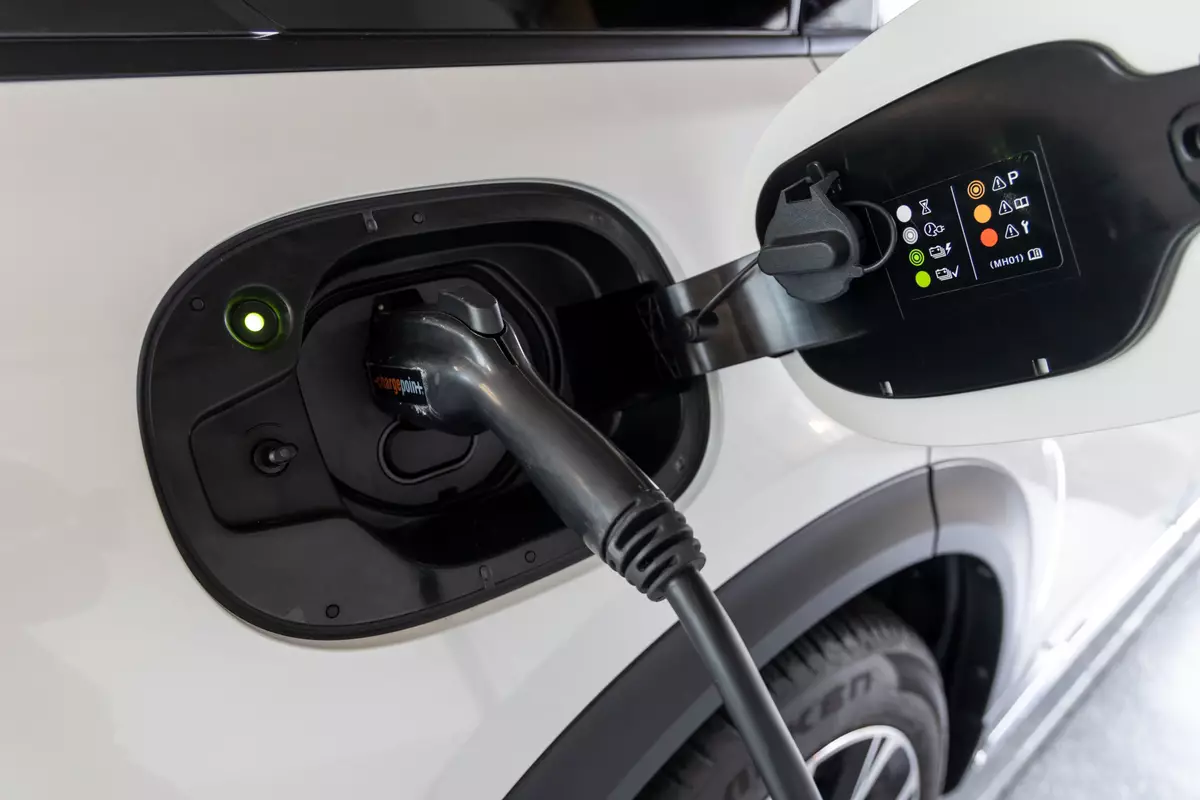
Con: Not the Most Exciting to Drive
With several exceptions, such as Porsche’s selection of hybrids and the unconventionally quick Toyota RAV4 Prime, hybrids aren’t usually associated with lofty power figures and engaging driving characteristics. For the most part, hybrid powertrains prioritize efficiency over performance, resulting in somewhat staid capability in the passing lane.
Related Video:
Cars.com’s Editorial department is your source for automotive news and reviews. In line with Cars.com’s long-standing ethics policy, editors and reviewers don’t accept gifts or free trips from automakers. The Editorial department is independent of Cars.com’s advertising, sales and sponsored content departments.

Conner Golden joined Cars.com in 2023 as an experienced writer and editor with almost a decade of content creation and management in the automotive and tech industries. He lives in the Los Angeles area.
Featured stories

